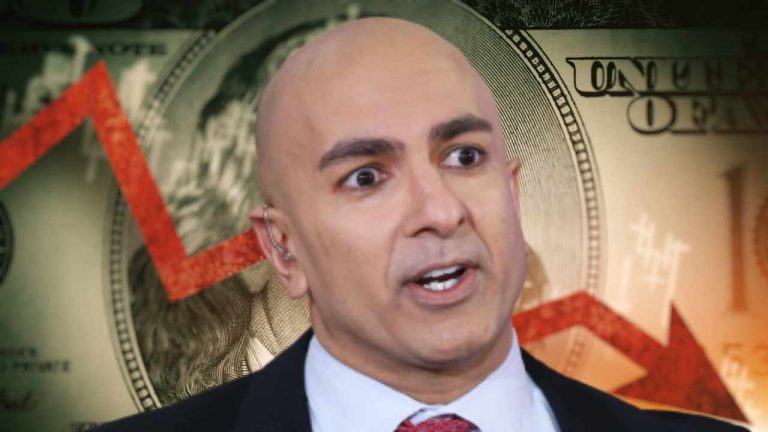FinanceFeeds -
Ripple’s motion to compel better responses to its Interrogatories is the motion to look at out of all the recent motions, according to attorney Jeremy Hogan in a video. “It’s the most important, and it is good”.
Since interrogatories are submitted under oath – and therefore the answers are admissible to the Court – these are tools with which to whittle the opponent’s case down.
The Defendants will use this opportunity to hit hard on the SEC’s understanding of the Howie Test and how it applies to digital assets, particularly, XRP.
The motion to compel was filed on August 31, which was seen as a “This Is It” moment. The SEC has (unsurprisingly) opposed the motion and Ripple’s reply brief underscored the suspicion that “a truthful, sworn answer would reveal that no contractual provisions actually bear the weight the SEC intends to place on them.”
The Ripple’s motion will in large part be granted, attorney Jeremy Hogan believes, but “that’s not really the most important thing going on here”.
The focus will now go to the SEC’s ability to explain, under oath, how the Howie Test applies to XRP. The agency argues XRP was sold as an investment contract and that is precisely what Ripple is attacking in the interrogatory.
Interrogatory #2: “Specify the terms of Defendants contracts (if any) that the SEC contends created an expectation of profits.”
The SEC only referred to statements by Ripple outside of any contracts and by referring to Ripple’s sales contracts in general.
“The SEC is evidently having a problem properly laying out its case. It can’t point to an investment contract and instead is going to rely on statements and other murky half-promises made by Ripple. For example, the SEC is relying on a statement by Ripple that it would be a “good steward” of XRP to mean that there was an investment contract in place between Ripple and you – the XRP holder. That type of thing”, said Mr. Hogan.
“What is becoming clearer is that the SEC can’t articulate a solid “investment contract” argument and is even struggling with pointing out the “common enterprise” between Ripple and purchasers. And finally, the SEC can’t really say why or how Ripple’s efforts affected the price of XRP”, he continued. “And so this motion to compel is really Ripple nibbling away at the SEC’s ability to argue these key and vital issues other than through innuendo and suggestion”.
The attorney believes the judge will force the SEC to lock itself into its written positions on this and that will then be something Ripple can point to at summary judgment.
“And if that happens, and I think it will, the SEC’s case will be getting murkier and murkier. If it was a murder case, it would all be circumstantial evidence and although you can certainly win a case on circumstantial evidence, it surely is a tough row to hoe.”
Attorney Jeremy Hogan, in the same video, explained how a major shift in the SEC’s strategy is an admission of defeat.
In the meantime, Judge Sarah Netburn denied Ripple’s motion to gain access to the SEC employees’ XRP holdings, but the ruling still seems like a win for the blockchain firm as the SEC was ordered to prove its internal policy against holding XRP.
The post SEC v. Ripple: “The SEC is evidently having a problem properly laying out its case”, said top lawyer appeared first on FinanceFeeds.



